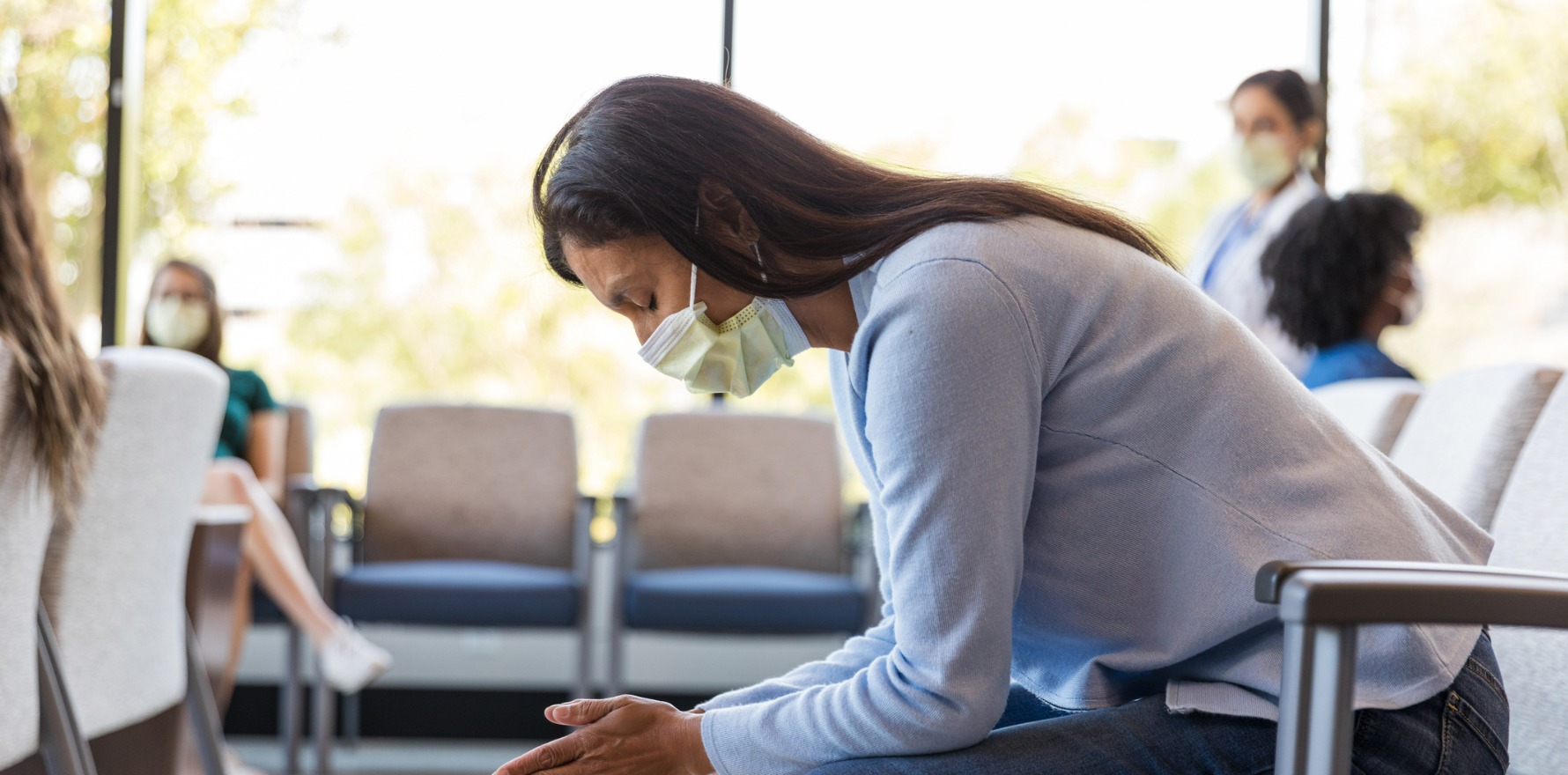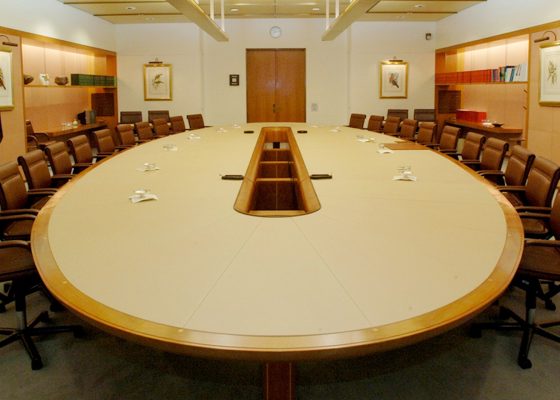A coalition of colleges and doctors’ associations has backed St Vincent’s Hospital Melbourne’s strategy of prioritising triage for First Nations patients.
St Vincent’s Hospital Melbourne has been praised by leading medical bodies for its bold new policy to close the gap in emergency department wait times between Aboriginal and Torres Strait Islander and non-Indigenous patients.
The Australian Indigenous Doctors’ Association, the Australasian College for Emergency Medicine and the Royal Australasian College of Physicians have applauded the hospital’s Minimum Category Three Triage policy, an initiative designed to deliver faster, fairer care for First Nations people.
ACEM president Dr Stephen Gourley said: “This innovation is exactly the kind of progress we should be celebrating.
“It’s clear that our current approaches haven’t delivered the change that’s needed. We must do more. This is about equity and improving outcomes, not disadvantaging anyone else,” he continued.
The coalition says the recent divisive and racist comments opposing the policy are deliberately inflammatory and undermine the efforts to create a culturally safe healthcare system.
St Vincent’s Hospital Melbourne CEO Nicole Tweddle explained the hospital introduced the policy because racism in healthcare was a key factor in contributing to First Nations illness.
“For First Nations Australians, the response has traditionally been to either avoid hospitals altogether – which just left people getting sicker – or if not, discharging themselves and disengaging from care before its completion,” she said.
“That’s what we found at St Vincent’s. First Nations patients were three times more likely than non-Indigenous patients to leave our ED without being seen.
“They were also waiting, on average, three times longer compared to non-Indigenous patients.”
To combat that, the hospital started assigning patients who identified as Aboriginal or Torres Strait Islander a minimum Category Three so they started their treatment within 30 minutes of arrival.
The strategy worked, and they successfully closed the gap in ED wait times.
“We were proud of what we’d achieved. We were emulating the spirit of our founders, the Sisters of Charity, who staked their reputation on caring for the most vulnerable and marginalised,” Ms Tweddle said.
Related
“Imagine my sadness this week to find public figures misrepresenting the efforts of our frontline people in an ugly and unnecessary display of wilful ignorance.
“Their charge? First Nations people ‘queue jumping’ at the expense of urgent medical cases.
“The subsequent abuse directed at St Vincent’s and my team on social media, and in messages to our hospital, egged on by these figures, has been disgraceful,” she said.
Ms Tweddle highlighted that patients presenting with a serious or life-threatening emergency would always be seen first. However, of the roughly 150 people who presented to the ED each day, around two were First Nations. This policy ensures that these patients are seen quickly.
“We’ve simply arranged our resources and processes to benefit a small number of vulnerable Australians without sacrificing urgent care in other areas,” she said.
Emergency specialist Dr Glenn Harrison, who is a proud Wotjobaluk man and ACEM Fellow, said:
“This policy is about fairness, not favouritism. As co-chair of ACEM’s Indigenous Health Committee and former AIDA board director, I know how critical it is to address the systemic inequities that Aboriginal and Torres Strait Islander peoples face in emergency care.
“The triage initiative is a practical, evidence-based measure that helps close the gap in access without disadvantaging anyone else. It’s a step toward a more just, equitable and culturally safe health system,” he said.
Professor Jennifer Martin, president and board chair of RACP agreed.
“We stand with St Vincent’s, we share their commitment, their values of compassion, justice, integrity and excellence, especially for our Aboriginal and Torres Strait Islander patients. Our college teaches justice and equity, not racism, and we will not close our eyes, we will name this behaviour, we will call it out,” she said.
“We are united with AIDA and the ACEM to improve health outcomes for the most vulnerable and those who need advocacy. For all our colleges’ Aboriginal and Torres Strait Islander Fellows and Trainees and their communities, I stand with you, the RACP stands with you.”




